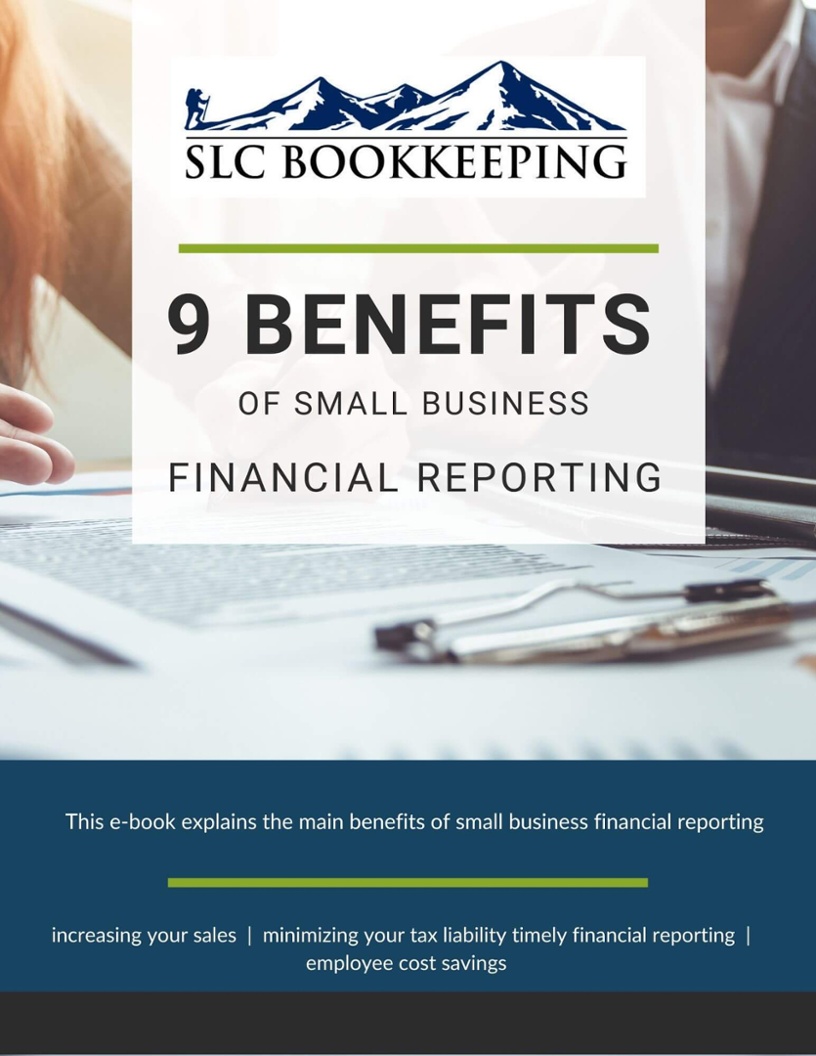Use Your Bookkeeping To Stop Making Stupid Financial Decisions
 Have you ever made a stupid financial decision? Sure, we all have. Remember that ridiculous impulse buy that you made and regretted just a few days later? Those stupid financial decisions really set you back in life as well as in your small business. Here is how to use your small business bookkeeping as a tool to help you to stop making stupid financial decisions.
Have you ever made a stupid financial decision? Sure, we all have. Remember that ridiculous impulse buy that you made and regretted just a few days later? Those stupid financial decisions really set you back in life as well as in your small business. Here is how to use your small business bookkeeping as a tool to help you to stop making stupid financial decisions.
Get the books in order
The first step to start making good financial decisions is to get your small business bookkeeping in order. Many small businesses let their bookkeeping fall way behind. There is a lot to do when running a small business and one of the items that constantly gets put on the back burner is bookkeeping. If your books are way behind and seriously neglected, you may want to consider an outsourced bookkeeping solution.
At a bare minimum, you should update your books at least once a month. However, if you really want to start using your bookkeeping as a tool, we recommend updating your bookkeeping once a week. If you want to take things to the next level, consider trying daily bookkeeping updates to get a real grip on things.
Confirm gut feelings with raw data
So many business decisions are based on gut feelings rather than actual financial data. When a business gets busy, they post a job ad. When things slow down, people think they need to dump money into advertising or go on an expense-cutting rampage. The problem is that many businesses don't take the time to look at how their gut feeling reactions affect the future.
Forecast into future
Building a budget for your business is important, but the real power comes from building a financial forecast. What is the difference between a budget and a forecast then?
A budget is something you should build sometime near the end of each fiscal year for the coming year. I recommend building the budget by month. The budget should remain unchanged throughout the year and you should compare it to actual performance.
A forecast is something that should be done at the end of every month for the next several months based on your actual performance. I recommend forecasting out 3-6 months after the close of every month. I tend to take my budget vs actual and look for major changes or discrepancies and then draw some conclusions about the coming months. I also take into consideration some of the changes I am pretty certain are coming.
The reason a forecast is so important is because it takes some of those gut feelings and confirms or refutes them. Forecasting practically gives you a glimpse into the future financial health of your small business. If you feel you need to hire a few employees, put a timeline on that event and add it into the forecast. Make sure to estimate the actual cost of a new employee, not just gross wages. Also, when forecasting expenses, go a little higher than you estimate and do the opposite for sales: so go a little lower on your sales forecasts. Now you can look at how your expectations affect the bottom line. Can you really afford it or is this a stupid decision?
Collaborate with key employees and advisors
My last piece of advice for avoiding stupid financial decisions is to talk things over with key employees and advisors. A fresh perspective on things can really help you make better decisions. Obviously, there is no need to discuss every little expense, so set a threshold for your business. Review any major financial changes that you expect to happen with your key management team. Ask for their feedback and together, try to draw some conclusions about the financial future of the business.
Outside advisors can be extremely useful as well. An external, unbiased opinion can often bring clarity to a foggy situation. Outside advisors can be in the form of a consultant, mentor, or trusted business colleague. Some items are better viewed through an outsider's perspective when you don't have the internal expertise to make a decision.
Have you ever made a stupid financial decision?
What did you learn and how have you avoided making another one?


Comments